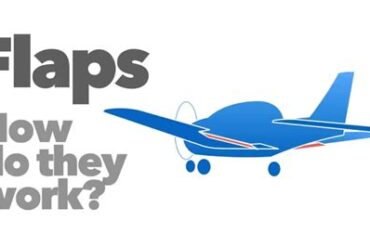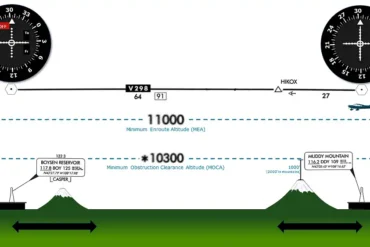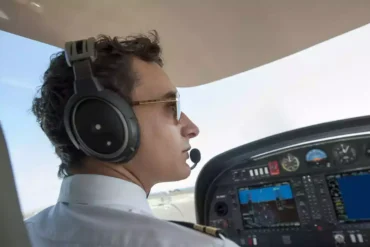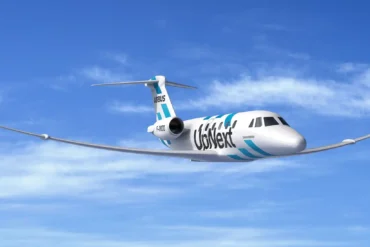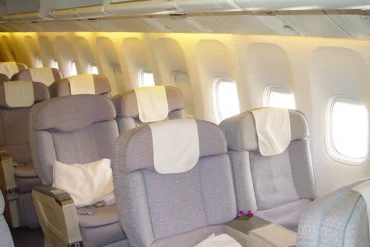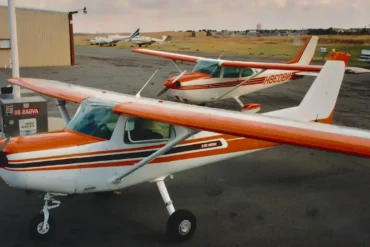Exploring a career as a pilot is thrilling for many individuals. If you have a passion for flying and adventure, this profession might be appealing. However, it’s essential to recognize that being a pilot has its advantages and challenges. By weighing the pros and cons, you can make an informed decision about whether this path aligns with your aspirations. In this article, we delve into the benefits and drawbacks of pursuing a career as a pilot, along with some guidance for those considering this journey.
Understanding the Role of a Pilot
A pilot is responsible for operating an aircraft, whether for airlines, government agencies, or private enterprises. Their primary duty is to ensure the safe transportation of passengers and cargo to their destinations. Additionally, pilots undertake various tasks, such as filing and adjusting flight plans, monitoring aircraft conditions, and communicating with air traffic controllers and passengers regarding flight status changes.
Pros of being a pilot
Being a pilot offers numerous perks, including:
Thrilling Experience
The excitement of piloting often stems from its thrilling nature. For many, the exhilaration of guiding an aircraft and witnessing the world from above is unmatched. The element of surprise adds to the adventure, with pilots frequently embarking on journeys to unfamiliar destinations, creating a vibrant and dynamic work atmosphere.
Travel Opportunities
Pilots have the privilege of traveling worldwide. Whether employed by airlines or private aviation companies, pilots get to explore different destinations. They often enjoy layovers in diverse locales before their next flight, essentially providing them with free or discounted travel benefits.
Competitive Salary and Benefits
Pilots typically receive a substantial annual income, with an average salary of $71,867. Additionally, they benefit from attractive perks and benefits packages, which may include health insurance, retirement plans, and travel privileges. Earnings can vary based on factors such as employer, location, and experience level.
Career Outlook
In the upcoming years, aspiring pilots can look forward to abundant opportunities. According to the Bureau of Labor Statistics, the demand for airline and commercial pilots is expected to increase by 13% by 2030, exceeding the average job growth rate.
Cons of being a pilot
While the pilot profession boasts several advantages, it also presents certain challenges:
Extended Hours
Pilots often face long work hours, especially during extended flights lasting over 10 hours. To combat fatigue, airlines typically implement a two-pilot system, allowing for rest breaks during prolonged flights. Pilots manage these demands by incorporating strategic rest periods, such as short naps between shorter flights, to ensure alertness and performance.
Irregular Schedule
The unpredictable nature of a pilot’s schedule can complicate personal planning. With varying workdays and hours, maintaining a consistent routine can be challenging. While some pilots find the variability stimulating, others may struggle to juggle professional and personal obligations. Adaptability becomes essential in navigating the ever-changing demands of the job.
Training Expenses
Becoming a pilot entails extensive training, often obtained through enrollment in a flight school. However, the substantial training costs act as a financial barrier for many prospective pilots. Despite the expense, the comprehensive training prepares individuals for a career in piloting, with graduates entering the workforce and repaying any loans acquired during training.
Stressful Occupation
Being a pilot can be quite stressful due to the significant responsibility for passenger safety. Pilots must handle their duties meticulously, especially during challenging situations like bad weather or mechanical issues. However, with experience and proper training, pilots become adept at managing these stressors and handling any difficulties that may arise.
Tips for Aspiring Pilots
For those considering a career in piloting, here are some helpful tips:
Embark on a Test Flight
Many flight schools offer test flights under the guidance of instructors, allowing aspiring pilots to experience the cockpit firsthand. These flights provide valuable insight into the daily tasks of pilots, helping individuals assess their suitability for the profession.
Undergo a Medical Evaluation
Meeting specific medical requirements is crucial for aspiring pilots. An early medical assessment helps determine eligibility for pilot training, ensuring candidates have sufficient vision and cardiovascular health to operate an aircraft safely.
Explore Training Options
With numerous flight schools nationwide, aspiring pilots have various training paths to explore. While graduation criteria may be similar across institutions, variations in training approaches and costs exist. Researching different training options enables individuals to select a flight school that matches their preferences and financial situation.
Financial Preparation
Given the substantial costs of flight school, early financial planning is advisable. Saving diligently beforehand allows aspiring pilots to prepare for training expenses while undergoing medical evaluations and exploring training options. This proactive approach facilitates smoother enrollment and financial management when starting flight training.




